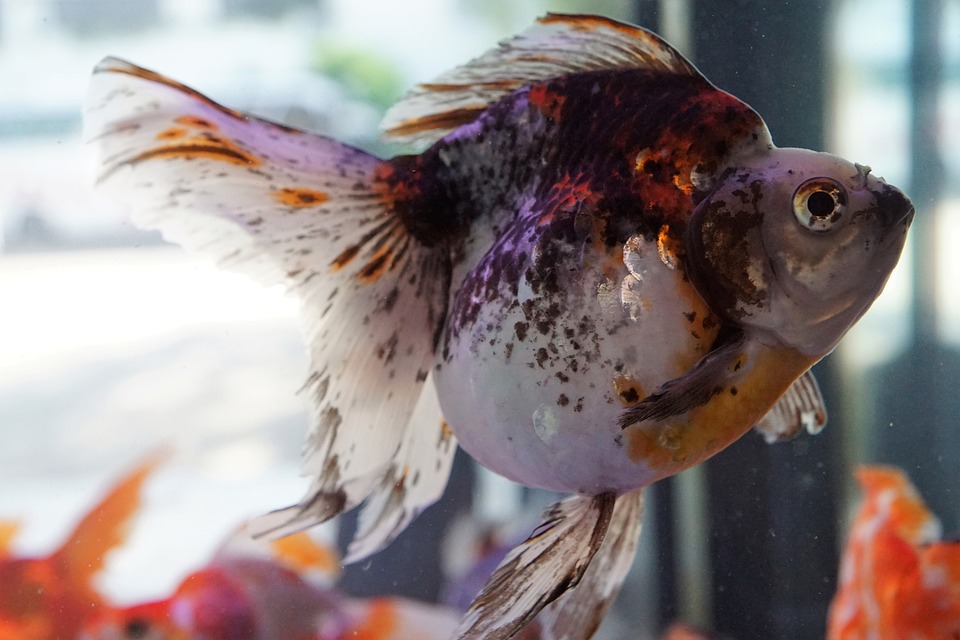In conclusion, understanding and addressing fish tank fish dietary imbalances is crucial for the well-being of our aquatic pets. Overfeeding, poor quality fish food, herbivorous fish in a predominantly carnivorous diet, and inadequate variety in the diet are the main causes of these imbalances. The effects of dietary imbalances can range from malnutrition and nutrient deficiencies to digestive disorders and behavioral changes.
To maintain a healthy diet for your fish, it is important to practice portion control, choose balanced and nutrient-rich fish food, supplement the diet with live or frozen foods and plant-based options for herbivorous species, and implement rotational feeding to ensure nutrient variety. It is also essential to observe your fish’s appetite and behavior and make necessary dietary changes accordingly.
Some frequently asked questions include the recommended feeding frequency for fish, the suitability of human food scraps, signs of dietary imbalances in fish, the reliance on commercial fish food, and preventing overfeeding.
By following these guidelines and being proactive in understanding and addressing dietary imbalances, you can provide a healthy and thriving environment for your fish. Remember, a well-balanced diet equals happy and vibrant fish in your tank!









